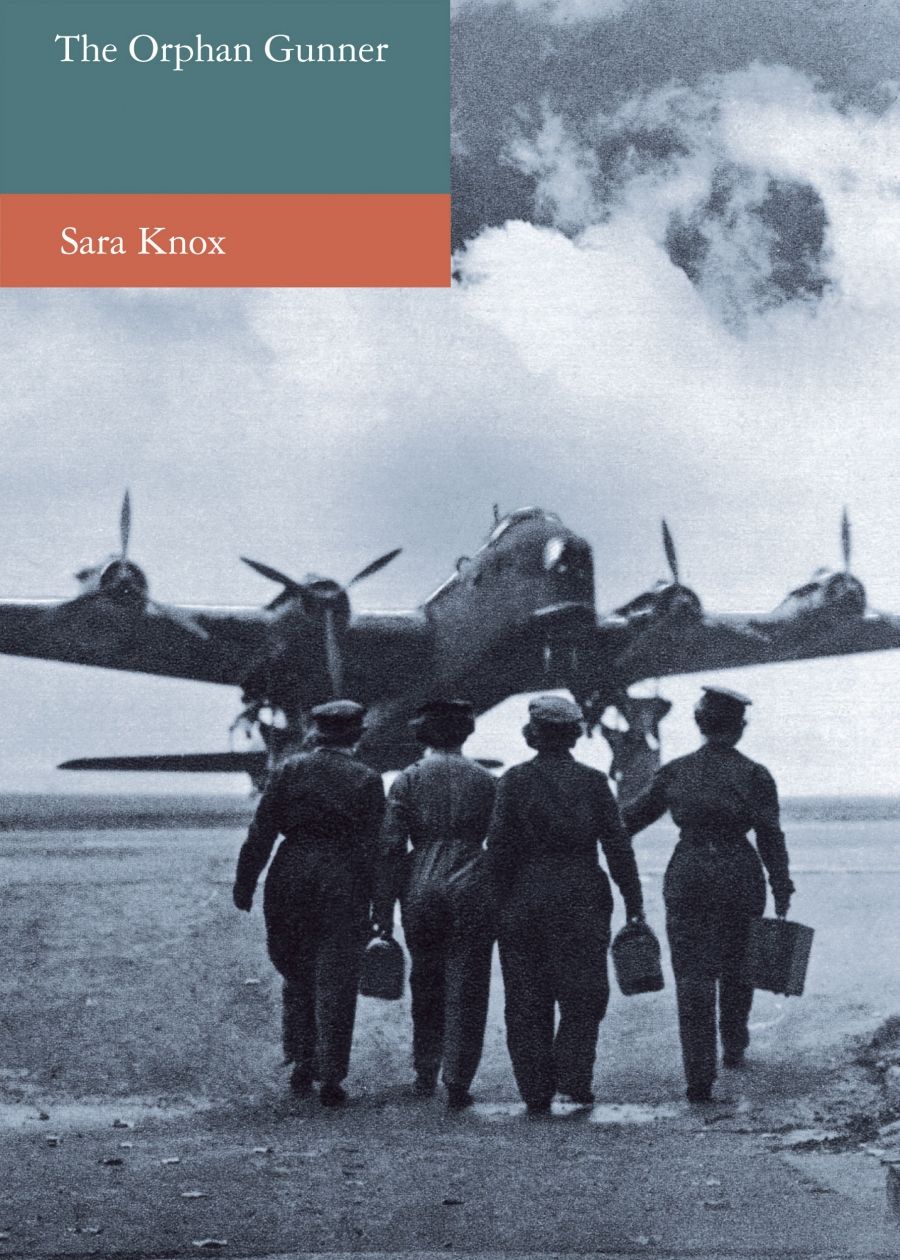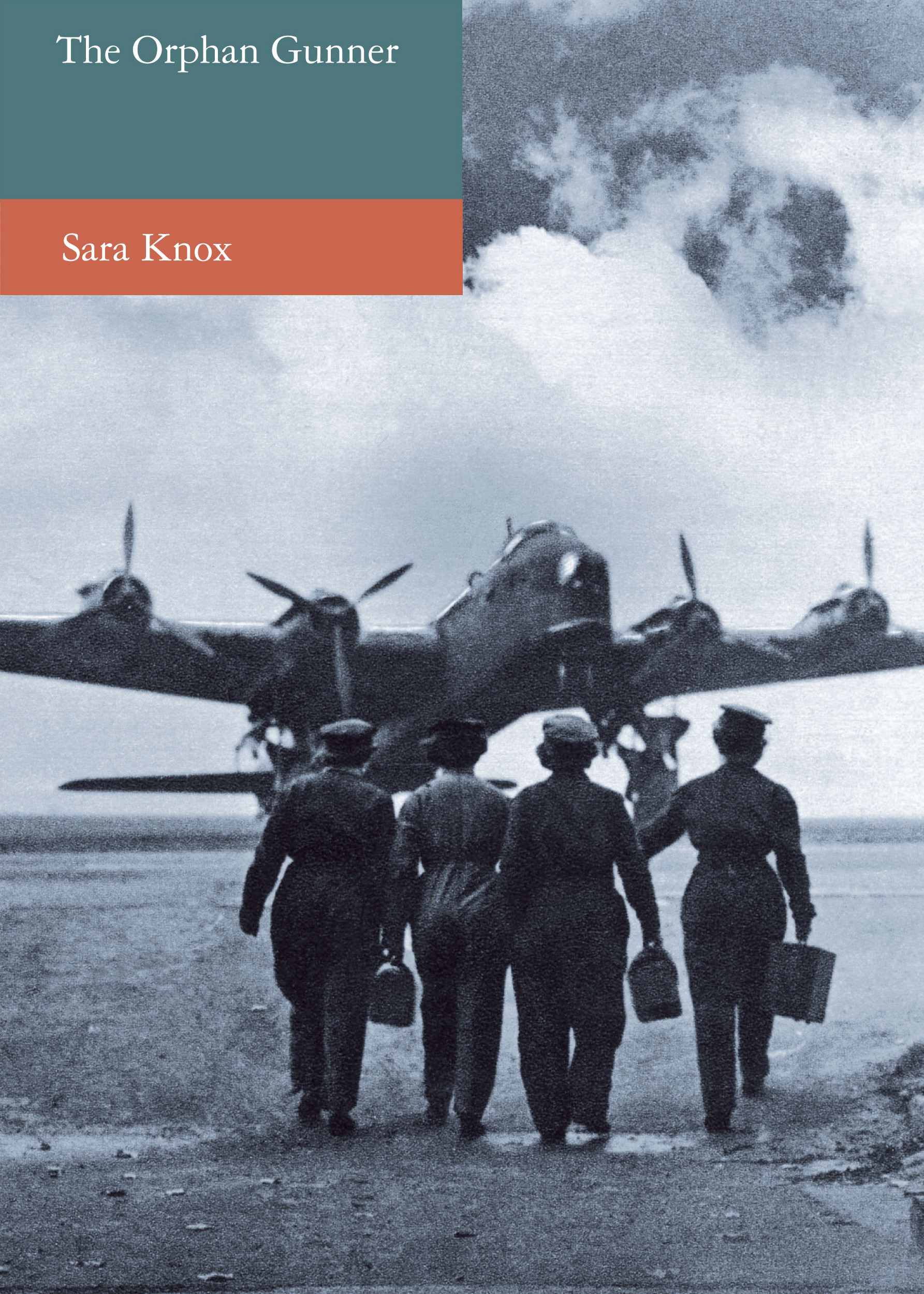
- Free Article: No
- Contents Category: Fiction
- Review Article: Yes
- Article Title: The art of literary flirting
- Online Only: No
- Custom Highlight Text:
This marvellous first novel may be historical fiction, but its themes and concerns are by no means limited to the past. Sara Knox interweaves questions of gender and identity, sexuality, class and the overarching issue of morality in times of war.
- Book 1 Title: The Orphan Gunner
- Book 1 Biblio: Giramondo, $29.95 pb, 374 pp
- Book 1 Cover Small (400 x 600):

- Book 1 Cover (800 x 1200):

It is 1940 and the war is still brewing when Olive travels to England at the behest (and expense) of Evelyn’s wealthy parents, in a mission to bring the latter back. Evelyn, thriving away from home and its constricting influence, revels in her position as a female pilot and adopts the breezy air of an eccentric English debutante, ‘to cover something more than a stubborn streak of boyishness’. Instead of completing her mission, Olive is seduced by her charismatic friend into staying where she is, joining the Women’s Auxiliary Air Force as a wireless operator when war breaks out.
World War II was a turning point in the history of feminism: women were (of necessity) recruited for roles outside the domestic sphere, and outside traditional definitions of femininity. Evelyn rides the wave of newfound freedom and becomes one of few female pilots (approximately 150 in four years) to join the Air Transport Auxiliary; she transports fighter planes from factories to fighter squadron bases.
Evelyn is obsessed with flying. The only way she can grudgingly enjoy a sightseeing trip to some ancient ruins is when she realises that ‘they were unknown until some aviator made something of them from the air’. The restrictions placed on her flying, despite her passionate mastery of her role as pilot, is contrasted with everyone’s easy assumption that her doppelgänger brother will succeed as a pilot, and the fact that he is given an air-combat role despite his problem with airsickness.
The characters in The Orphan Gunner struggle to fit or escape the social identities they were born to, their activities veiled in layers of subterfuge. The customary coyness of the text (with the pulse of the story beating between the lines for much of the story) fits not only the era but the necessarily complicated thinking of the characters. When Duncan wants to share an episode that reveals his dangerous vulnerability with his sister, he does so by assigning it to his best friend Lofty. Olive determinedly pursues a love affair with ‘just the sort of fellow she should go for’.
Only Evelyn is at all straightforward about transcending her place in the social order, carrying out her affairs in a more or less obvious fashion and openly declaring her passion for her chosen, ‘masculine’ profession. Her actions have a veneer of respectability – just enough to enable her to get by – but behind closed doors, she is blunt about her desires and identity, and all the best barbed lines go to her (to a convalescent Olive, as they share a bed: ‘It would be my luck to get you here, and you too ill to enjoy’). But even she is ultimately required to take part in an elaborate public masquerade when Duncan breaks down under pressure and a complicated ruse is devised to enable him to survive the war.
The Orphan Gunner explores the dissonance between what people are expected to do as a result of social constraints and the lives to which they are innately suited. It looks at what happens when those expectations and proclivities clash. Some characters fight themselves; others fight the rules. There are no ideal outcomes, only varying degrees of misfortune.
It will be unfortunate if the sexuality of the key characters prevents The Orphan Gunner from reaching a mainstream audience. This is a riveting novel that works on a number of levels. The inherent friction that characterises the novel’s explorations of sexuality and gender is also applied to class, pitting mine engineer Lofty and middle-class Olive against the wealthy siblings. There are also some wonderful observations of the hairline fractures between the Allies (a pair of American aviator sunglasses are ‘the sort they wore until 1941 so they couldn’t see the war’).
Sharp, witty and evocative, The Orphan Gunner captures a time that grudgingly enabled women to try on new identities, even while it reinforced expectations of stoic masculinity. That taste of participation in the wider world laid vital foundation stones for the coming feminist revolution. This is a timely reminder of the social straitjackets that women laboured under prior to the upheavals of the 1960s and 1970s – and it’s great fun into the bargain.


Comments powered by CComment